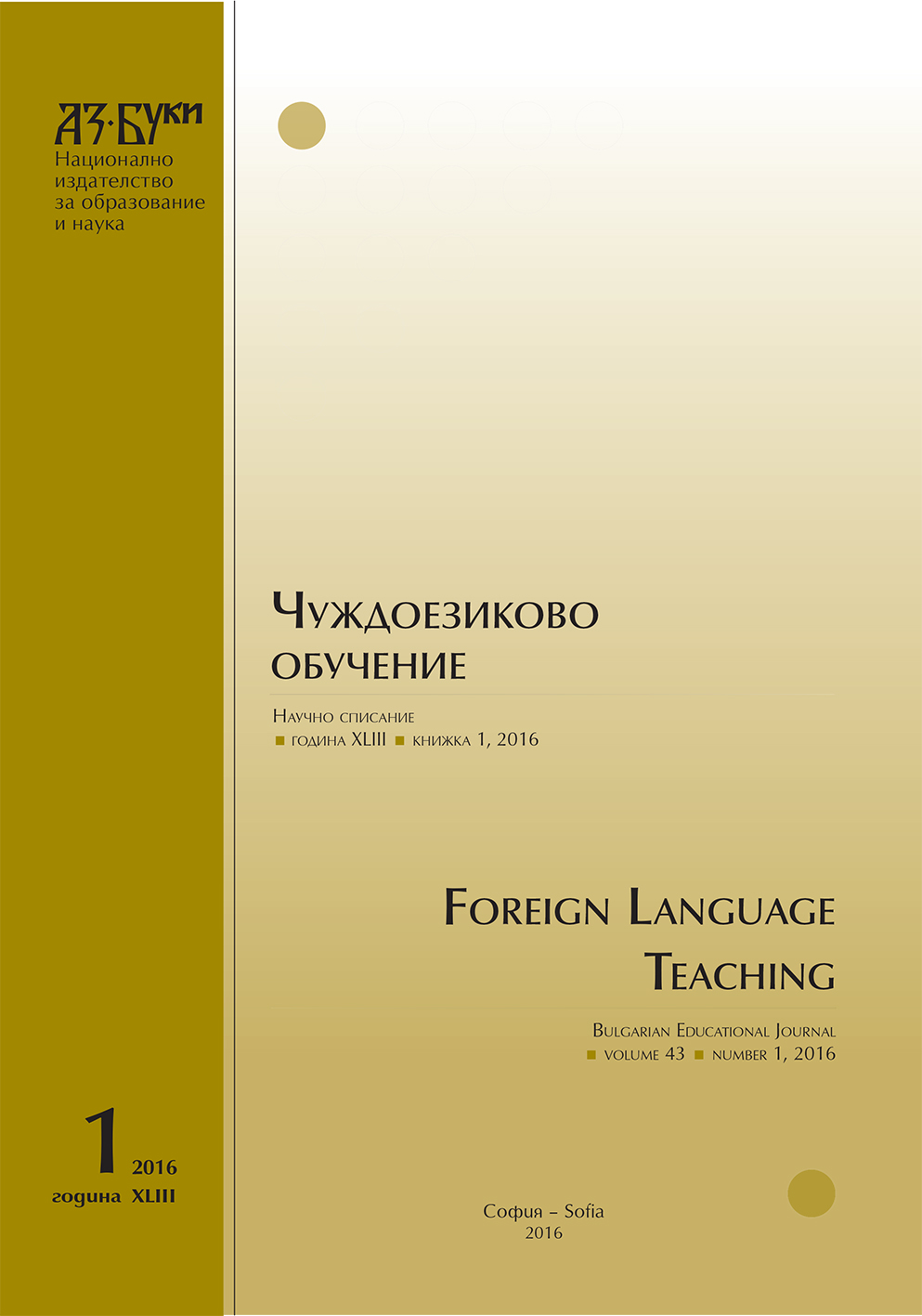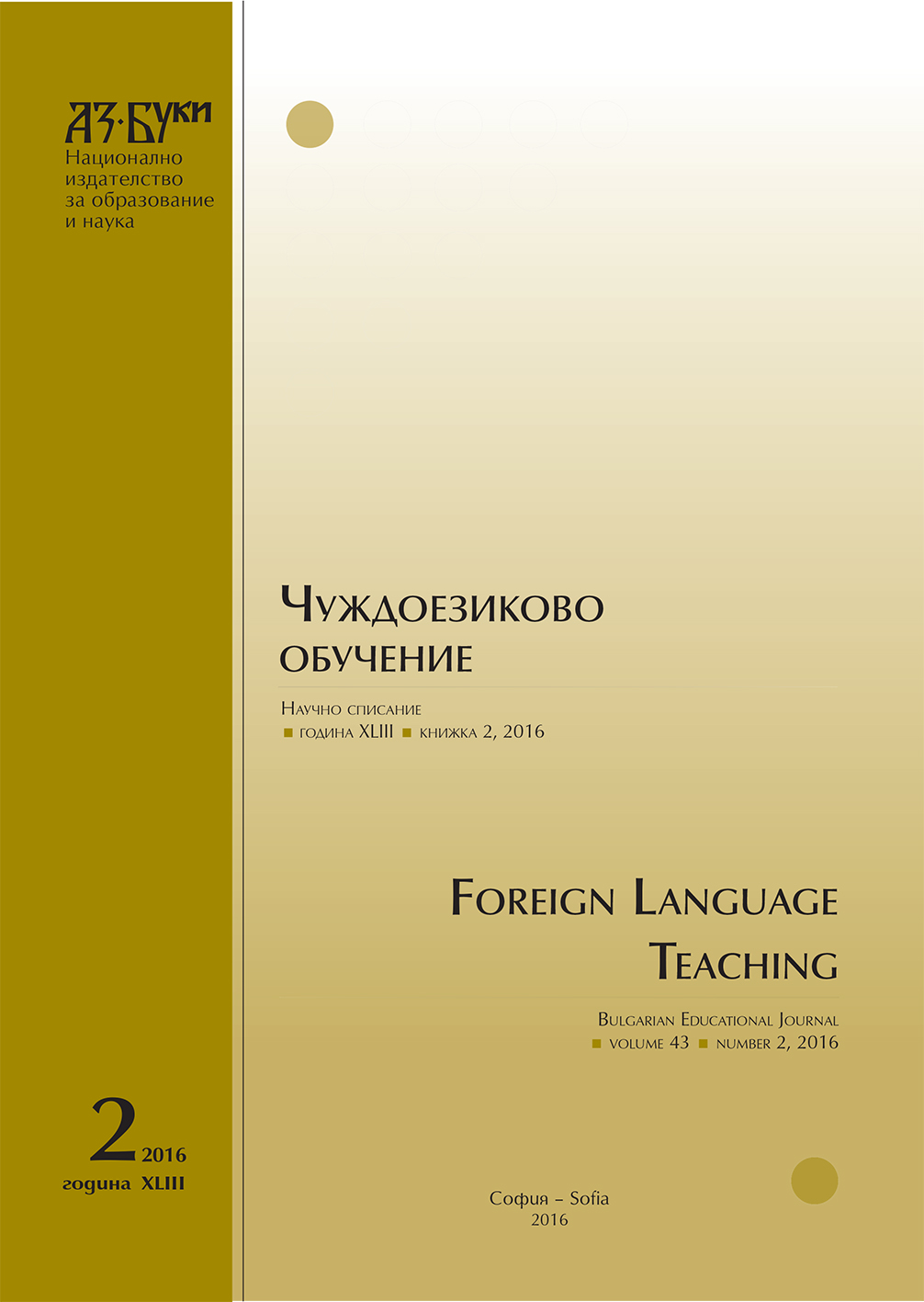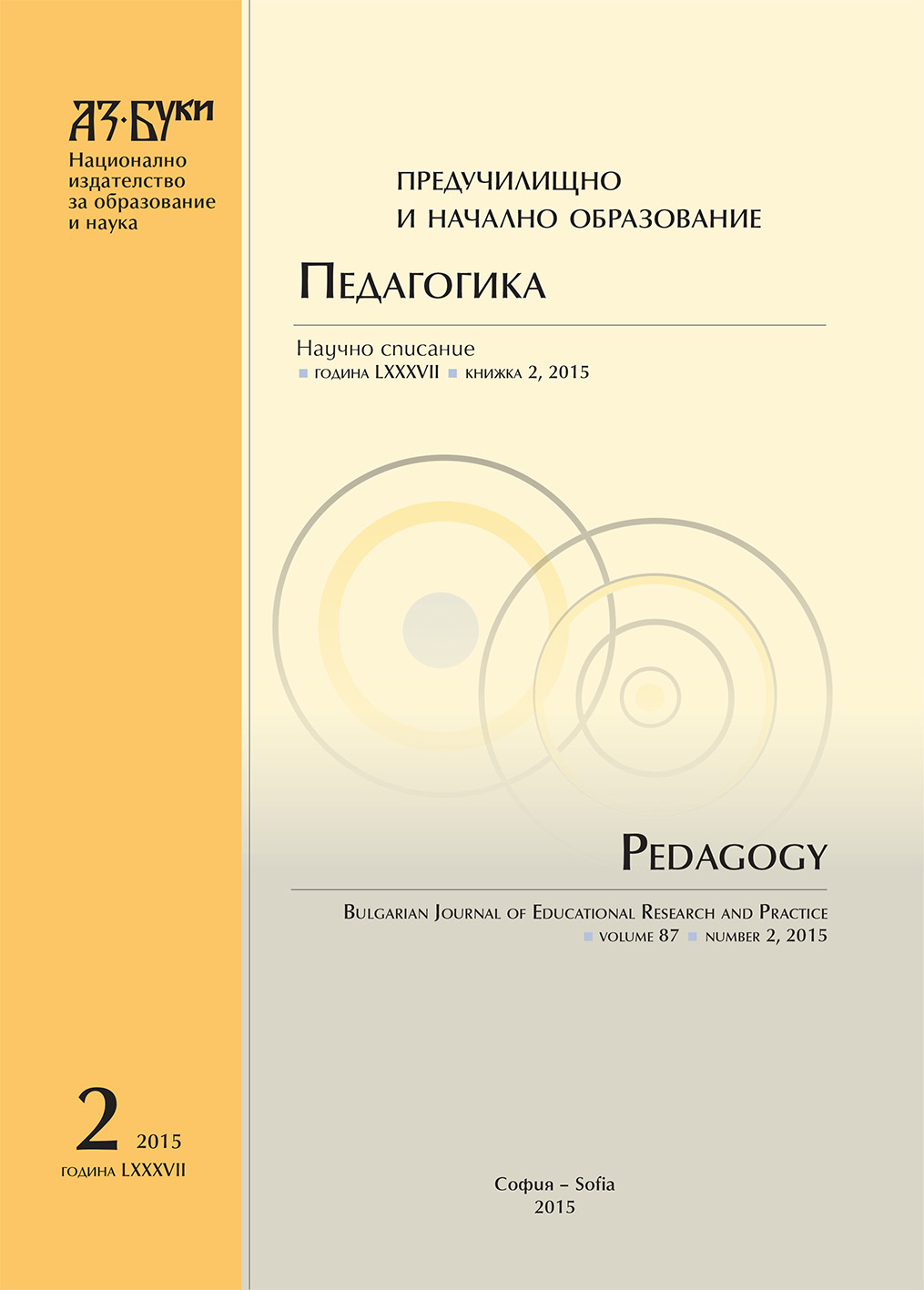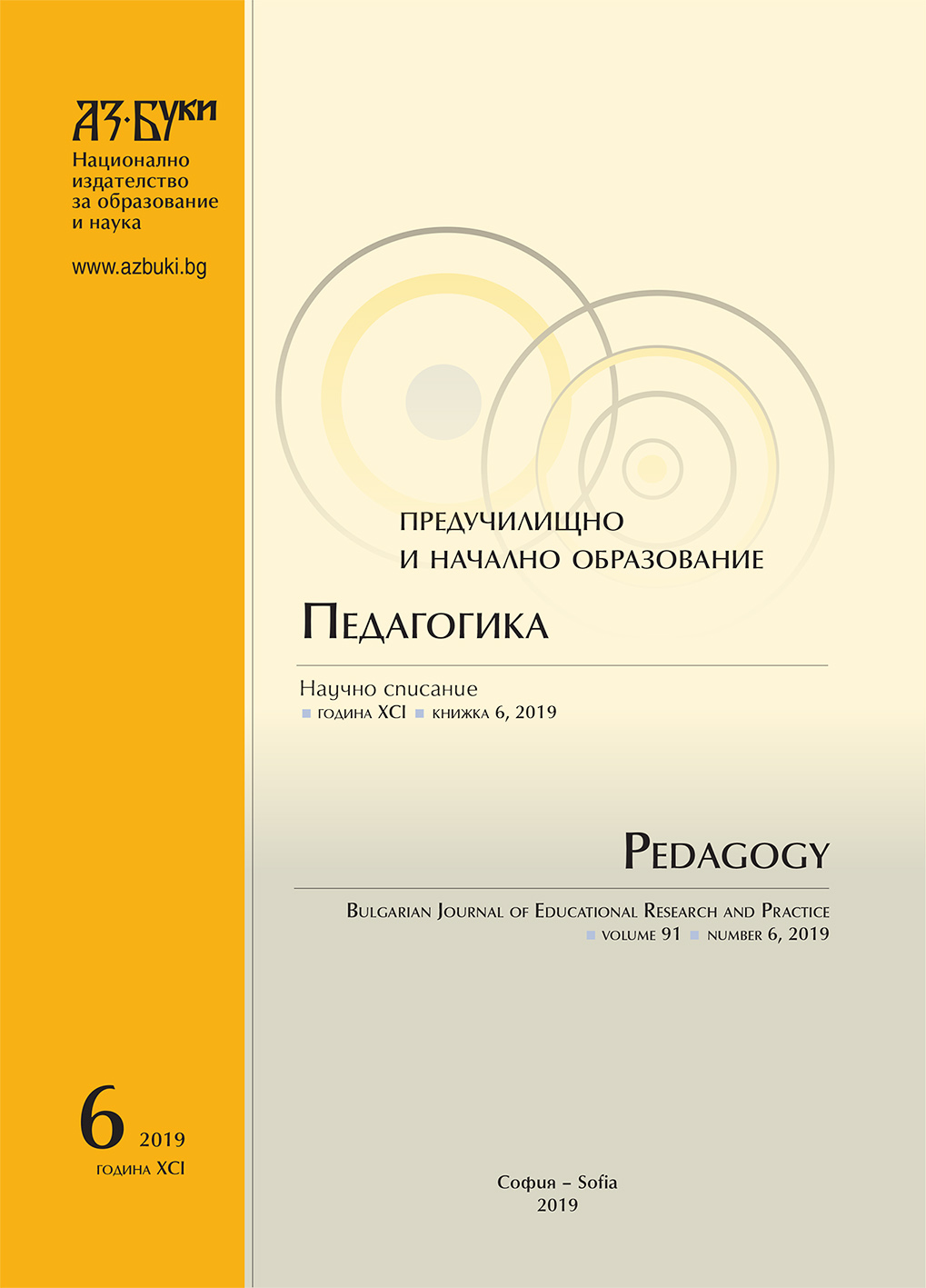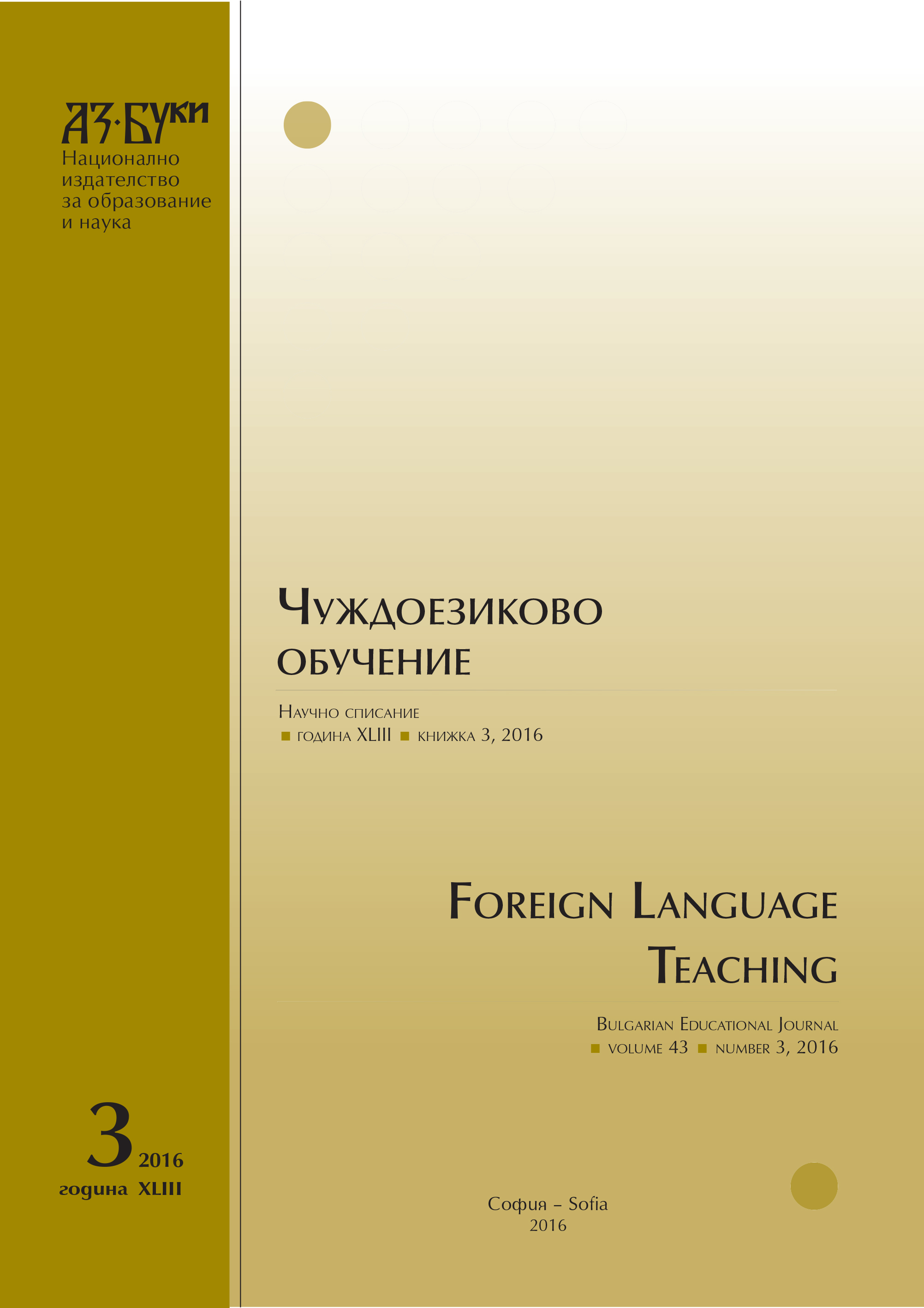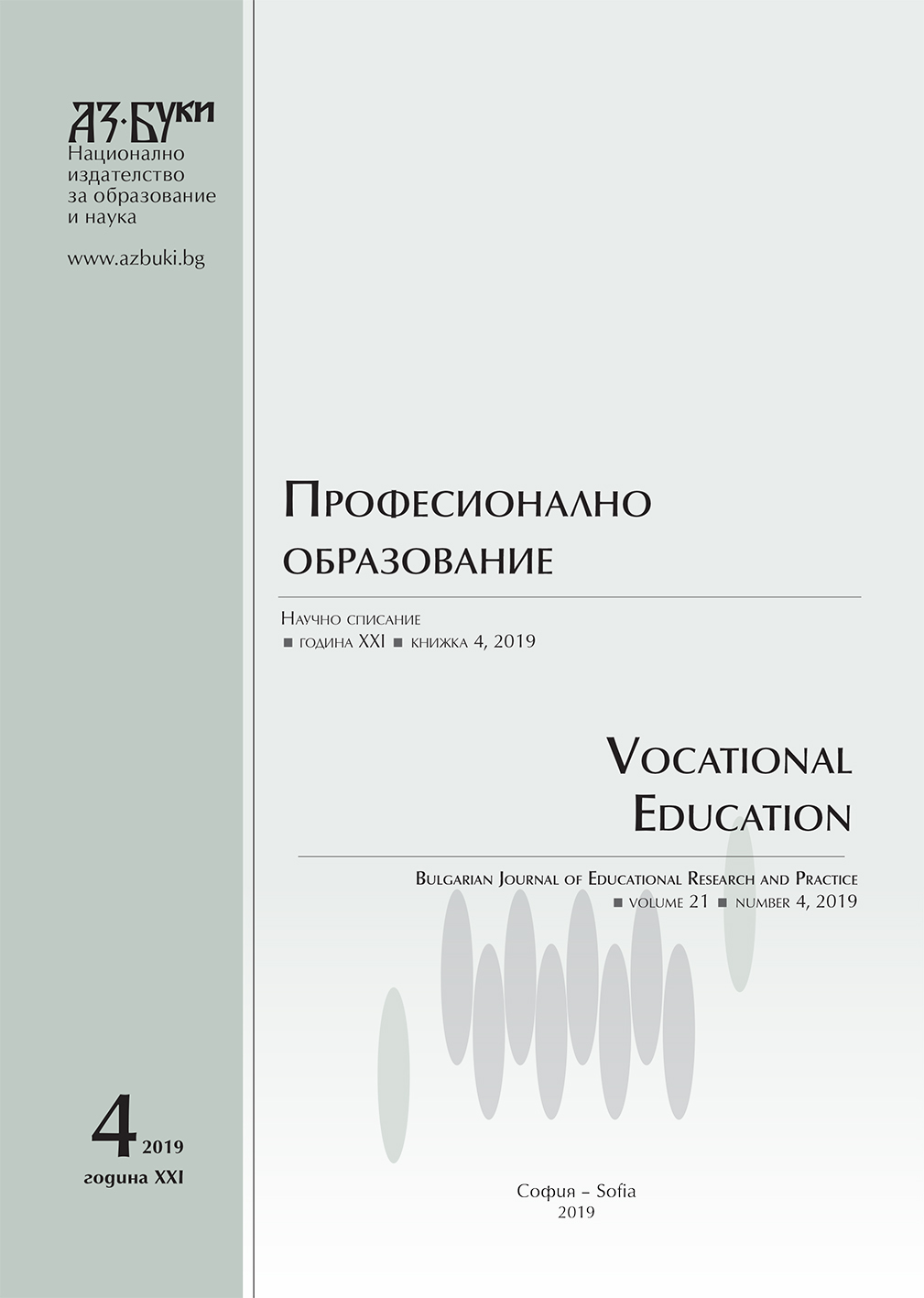Author(s): Ivan Sandanski / Language(s): Bulgarian
Issue: 2/2015
The paper examines the formation of and interactions between different institutional actors (‘concerned communities’), which are the basis of the establishment of potential social benefits from the participation in sports activities aimed at promoting healthy and active lifestyles among adolescents. It is a contextually conditioned process whose characteristics are influenced by the action of a number of social, psychological, cultural, behavioral, structural and resource factors. Improving the sustainability of the practical implementation of policies and objectives requires the creation of a comprehensive system for the management of collective efforts, resources, efforts and balance of interests between various actors in the inter-institutional network. In the center of the efforts of institutions in the partner network are the interests, needs, differences, and competencies of children and school students. It is unveiled that the motivation for a healthy and active lifestyle is a complex social puzzle where understanding of one aspect does not automatically solve another. It also becomes clear that it is a joint venture and equal resource investment between kindergarten / school / sports organisation and the end beneficiary – the child / the school student. The benefit itself is not contained in the proposed sport activities, but rather in the ways children and school students benefit from them in their lives. Such an interpretation presents educational institutions and sport organisations not as the primary deliverers of benefits, but rather creators of a suitable environment and conditions enabling the process of social interaction to become possible. Adolescents, in turn, are considered simultaneously a source of subjective perceptions and mediators of resources of social type. The basic areas to achieve social change at individual, group and institutional level, through participation in sporting and educational activities are also presented. In addition, the paper provides a discussion on the strategic role of local authorities in shaping the interactions with educational institutions and sports providers enabling for activation of social and resource partnership networks. The implementation of policies to promote active and healthy lifestyle among adolescents, by creating specific social environment and culture should be seen as a continuous process and kind of social product of the interaction between different public, social and private interests, institutional actors’ development visions and alternatives for action. The institution of municipality is interpreted as: strategic terrain for policy making; generator of policies, strategies, programmes; resource partner and investor of public funds; and ‘moral entrepreneur’ being a creator of social rules aimed to regulate and control of the rest of the organisations within the ‘concerned community’.
More...
